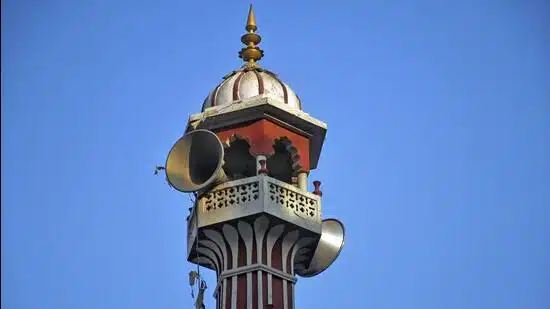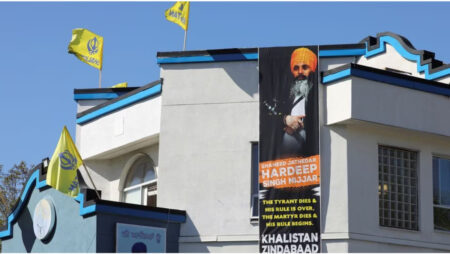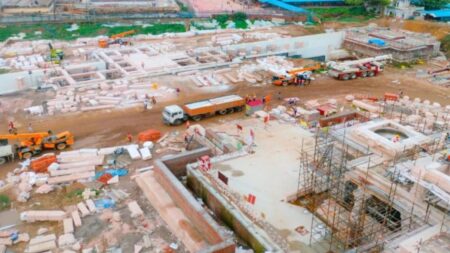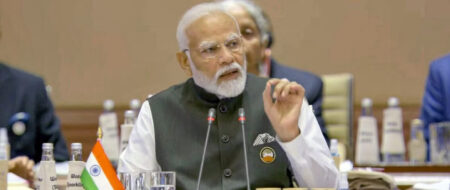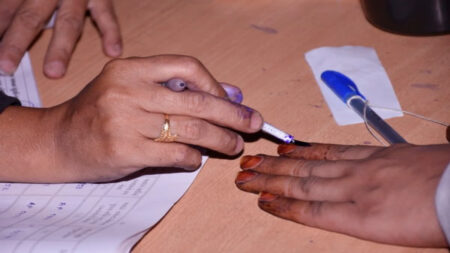Mosques Loudspeaker: UP minorities commission chairman Ashfaq
Saifi wrote to the Chief Secretary of the state to ensure that loudspeakers are not removed from the mosques adhering to the court’s guidelines.
He added that he had received lots of complaints from the people that the local administration was removing loudspeakers forcibly.

He called upon the authority to ensure proper security arrangements for the evening and morning prayers when mosques would be crowded.
The holy month of Ramadan is going to start on the 23rd of March and the commission had asked the govt to ensure peace during the holy month and Eid.
The letter dated 13th of March to chief Secretary Shankar Mishra specifies that the mosques were adhering to the Allah -Abad Court’s stipulated decibel limits. The Sps, SSPs and commissioners have been asked to not take down loudspeakers coming under the ambit of the limit.
The state govt has been requested to ensure proper lighting, power supply, and cleanliness around mosques during the two meals. In April last year, the Up govt carried out a campaign to remove unauthorized loudspeakers from religious places following directions from CM Yogi Adityanath.
10900 illegal and unauthorized loudspeakers have been removed.

In December 2017, the Allahabad court directed the UP govt to implement the noise pollution control rules of 2000.
The Up commission for minorities is a state govt nominated body under the UP commission for minorities act, of 1994.
In May 2020, the Allahabad high court had given its verdict saying that although Azaan might be an integral part of Islam, not loudspeakers.
Article 25 guarantees freedom of religion but with exceptions. Anything which leads to interference with public order, health and morality is not permissible and not a fundamental right.
The state govt had directed all the religious leaders that the sound of Microphones should not come out of the premises where they were installed.

The noise pollution control rules of 2000 divide areas into three.
In Industrial areas, the permissible sound limit is 75 DB (A) leq during the daytime and 70 DB (A) leq at night.
65 db (A) leq in the daytime and 55 at night in commercial areas.
For residential areas, the limit is 55 dB during the day and 45 db at night-time.
The Daytime and nighttime have been defined. The Daytime is from 6 am to 10 pm and the night-time from 10 pm to 6 am.
The state govt has allowed those who follow the legal guidelines.
More than 13,145 of the removed loudspeakers were donated to schools for their morning assemblies, while 1,583 speakers were handed over for the public address system in the area.
The govt. said the entire process was conducted peacefully by holding dialogues with spiritual leaders of various communities.
The religious leaders have been consulted to spread awareness about the rules set by the state govt.
It has been said that loudspeakers are causing Dikkat to the people and that the govt was setting an example for the rest of the country as to how to ensure a noise-free india.
Lots of criticism has been levelled against the state govt on the premise that it is the fundamental right of everyone to profess, practice and propagate any religion. The state govt was said to have unlawfully interfered with the minorities. While the state govt had rejected all these as baseless and a conspiracy against the govt.







